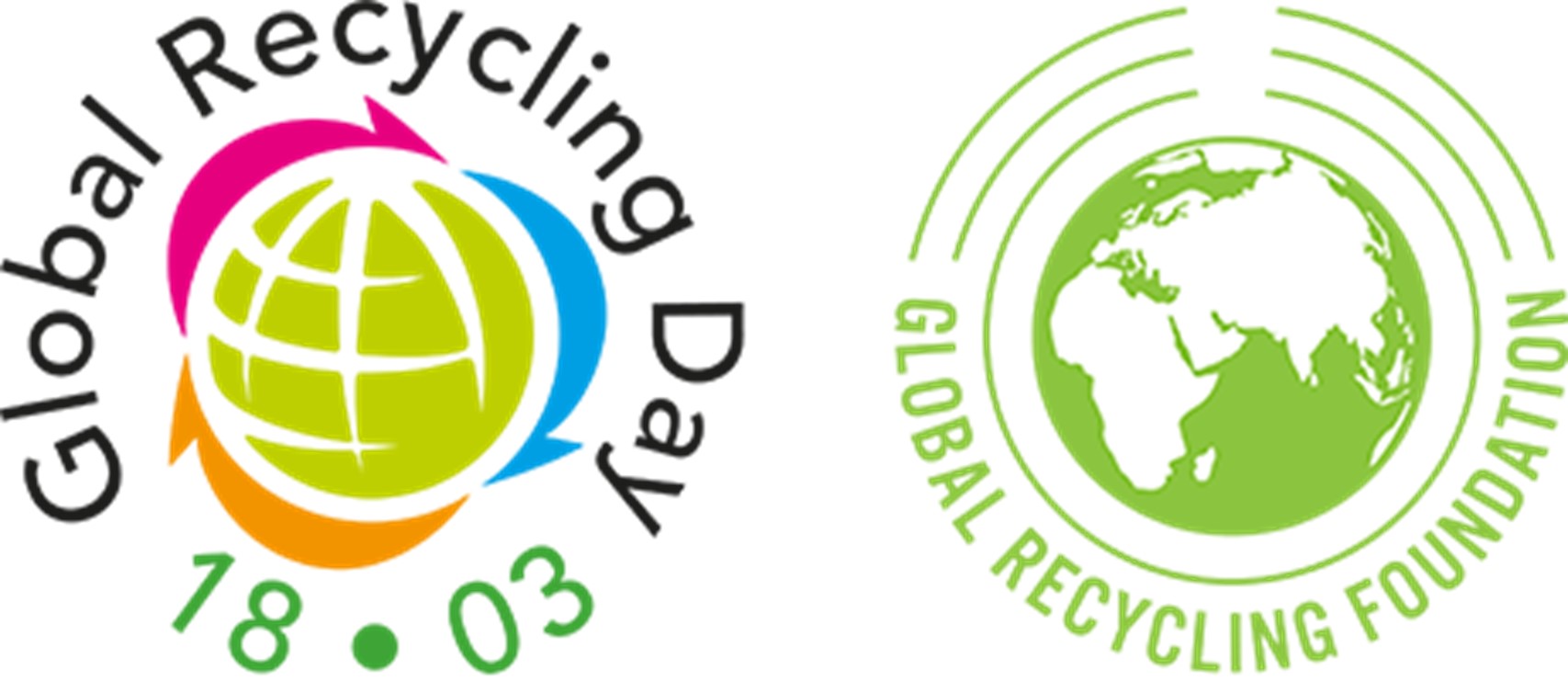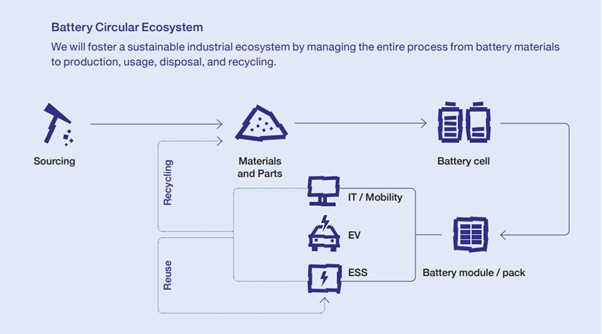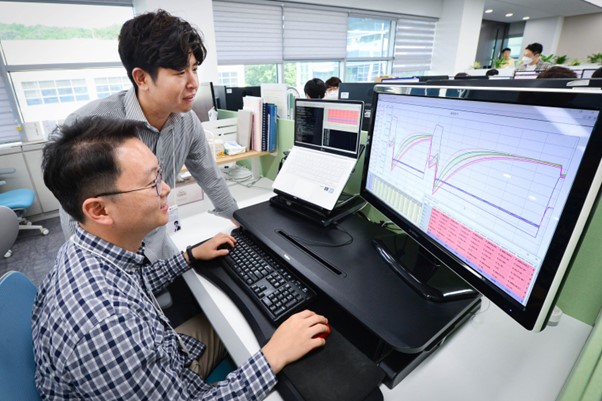On March 18, we celebrate Global Recycling Day to contemplate upon the role that recycling plays in preserving primary resources and securing the future of our planet. Recycling is one of the key components of the circular economy – a sustainable model where raw materials are kept longer in production cycles. Recycling is no less important in battery industry, as demand for batteries is exponentially increasing with the world moving collectively towards electric vehicle (EV) conversion.
Nearly 12 million tons of EV batteries are projected to reach the end of their first life by 2030 and battery recycling market is soon to experience rapid expansion. In 2021, Bloomberg NEF, a research provider monitoring the transformation of the energy sector, predicted that there would be more than 110 GWh of reusable used batteries, also called “end-of-life batteries”, in the global market by 2032 – that’s enough to power 11 million pure EVs. Moreover, regulatory pressures are mounting as the upcoming EU battery Regulation will require batteries sold in Europe to meet minimum recycled raw material content by 2031.
While inappropriate disposal of used batteries causes serious environmental pollution, they can be turned into valuable resources through recycling and reuse. That’s why LG Energy Solution (LGES) is working to establish a perfect closed-loop for its batteries.
Battery Reuse
EV batteries with a residual capacity of 70-80% (compared to their original values) should be retired. Even after their primary use is over, these batteries may still be repurposed if they have high enough residual capacity and state of health (SoH). This approach would not only give these batteries a second chance to be utilized but also help reduce waste on our planet.
LGES intends to provide a systematic, verifiable solution that assesses EoL (End of Life) batteries’ residual capacity and then matches them with the most suitable application through the following standardized process:
Collection – Batteries, which can no longer be used due to the vehicle reaching the end of its life or car accidents, are recovered through the regional collection system. After going through initial diagnosis, batteries that can be reused and recycled are transported and stored separately.
Reconditioning & Refurbishing – The company tests reusable batteries to determine their appropriate second-life application, and refurbish them to meet technical requirements and safety standards.
Constructing a Leading Resale System – The final step is to proactively secure a market for reused batteries and develop a recovery system that allows for the recycling of raw materials from each product, thus completing the circular economy process.
LGES has secured core infrastructure technology for its battery reuse business and is now optimizing its business model. Advancements in safety and its remaining battery life evaluation algorithm are key technologies for business continuity, and LGES is in the process of designing an appropriate business model while discovering core usages that minimize EoL batteries’ limitations and increase competitiveness.
Battery Recycling
Non-reusable batteries and scraps generated during production are recycled. Raw battery materials can be extracted by grinding and dissolving them. Then, through the resource circulation system, some of the extracted materials are reinjected into the production stage of cathode materials.
By using both physical and chemical processes, LGES has established a closed loop system at its Nanjing plant, and the goal is to expand this forward-thinking system to all manufacturing plants by 2025.
With the planet experiencing record-breaking temperatures and public concern being at an all-time high, climate change is now regarded as a risk that companies need to tackle in order to ensure long-term prosperity of their business. That is why LGES believes that a shift from linear to circular approach in battery value chain will address both environmental and economic issues. Through a circular battery ecosystem covering reusing, reconditioning, refurbishing, and recycling EoL batteries, LGES will continue to strive to meet market needs and lead the way to a sustainable future.


